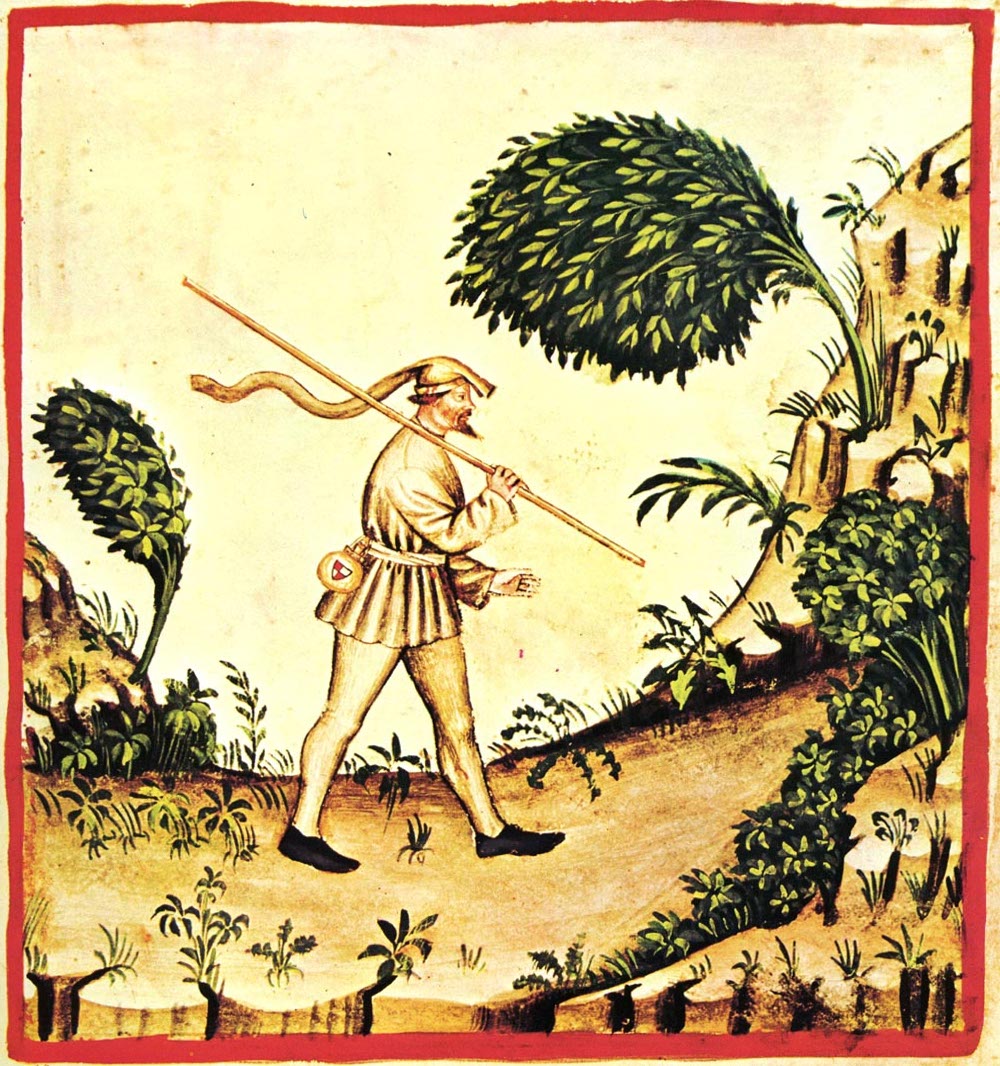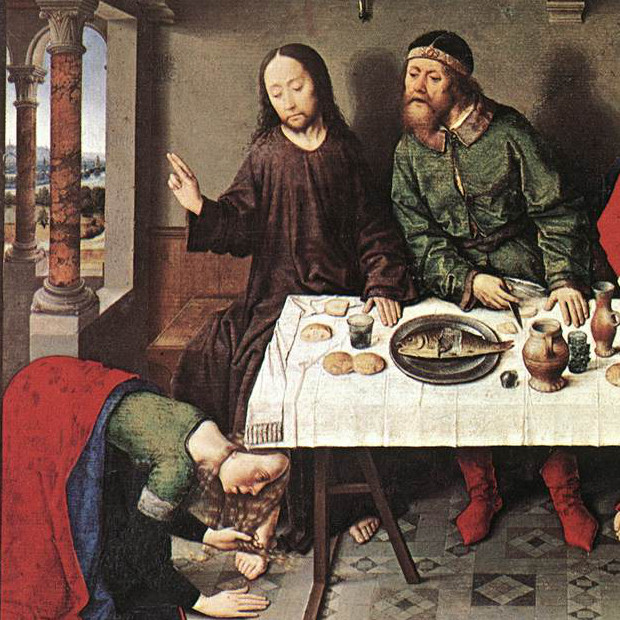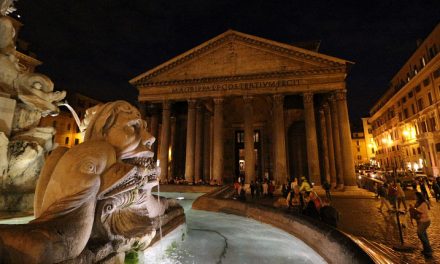So I watched an online video yesterday which blew my mind. There’s plenty of dissent in the Youtube comments, but that’s par for the course. I find it pretty compelling.
Roland Warzecha runs a European martial arts school in Hamburg, and he’s apparently obsessed by all things medieval. In a video he published a month ago, he claims that medieval Europeans walked very differently to you and me. They walked “toe to heel,” not “heel to toe.”
So many lessons can be derived from this revelation. Here are two which captured my imagination:
- So much of what we do, we do unconsciously. It has never occurred to me that we might walk differently from medievals. It raises the question: what else do we think and do almost instinctively, which people in other ages didn’t think or do? And what don’t we think or do, which people in other ages thought or did all the time? While all of us are free agents, we are nonetheless substantially conditioned by our environment, and we don’t even know it.
- Human beings are lazy. If a shortcut is available, we’ll take it. It’s not really much of a surprise that an evolution in footwear has changed the way we walk. Technological change is always prompting behavioural change. A century ago, people spent the best part of a day doing laundry. I don’t know anyone who still launders that way. We all use automatic washing machines now. What about your smartphone? I bought my first iPhone (second hand) in 2009. Now my digital devices are an integral part of my life. Who has time to check their e-mail on a desktop?
That brings me to this Sunday’s Gospel. The villainous vineyard tenants slay the landowner’s servants, and then they seize and kill his son too, hoping to steal his inheritance. I think something similar has happened in our own time, via insidious secularisation. Our Lord has been “seized and thrown out of the vineyard” by a post-modern culture which in the name of tolerance removes mention of the name and person of Jesus Christ. Our Lord is removed, and we ourselves are replaced as the “heirs of the vineyard.”
Pope Francis warns against this:
“Secularization reduces the faith and the Church to the sphere of the private and personal. By completely rejecting the transcendent, it produces a deterioration of ethics, a weakening of the sense of personal and collective sin, and a steady increase in relativism.” (Evangelii Gaudium, 64.)
I think that medieval walking video shows how all of us — including the most devout believers — are susceptible to this. You and I live in a secular age. Consequently, invariably, you and I are secular in our thinking and our doing, and we don’t even know it. As Marshall McCluhan sagely observed, “fish did not discover water.”
Here’s the danger: we become the centre of everything we do. We decide what is true and what is right. We mould God into what we want Him to be. When instead, we should permit God to mould us into what He wants us to be.
But there are many remedies available to us. St Paul provides one in the Second Reading:
Fill your minds with everything that is true, everything that is noble, everything that is good and pure, everything that we love and honour, and everything that can be thought virtuous or worthy of praise. (Phil 4:8.)
We must fill our minds. We need good formation. We need constant formation, to counteract the secular environment we inhabit. One such example is the reading of Sacred Scripture — especially the life of Christ in the Gospels — every day.
I recommend ten minutes scriptural reading every day, followed by ten minutes of contemplation. That means sitting still, doing nothing for ten minutes. Ideally, your mind is filled with thoughts related to the scriptures you just read. But even if your mind is instead filled with all the things you must do today, and all the things you didn’t get done yesterday, sitting still for ten minutes is a worth activity.
The merit lies in doing, not thinking. A 20 minute respite, consisting of ten minutes of scriptural reading, and ten minutes “wasting time with God,” helps foster a contemplative spirit. It is profoundly counter-cultural. And unless you want to join the mob who seize our Lord and throw him out of the vineyard, counter-cultural is what you must be.







I was very taken with this video, Fr John. It is all your fault that I am now walking funny, but it feels more dignified and better for balance and posture – so I’ll continue on and hope it’s not a hoax.